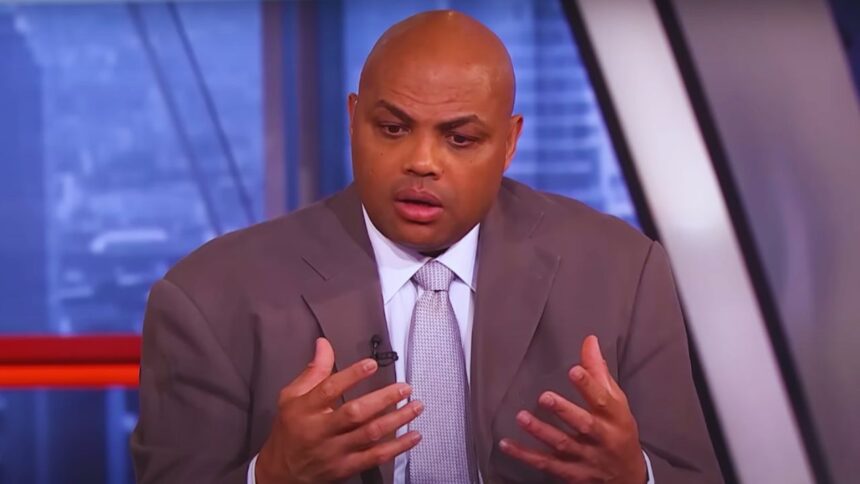Legends Speak Out
In a recent episode of Inside the NBA, basketball icons Charles Barkley and Shaquille O’Neal didn’t hold back in their criticism of the NBA’s Last Two Minute Report. Established in 2015, this rule mandates the release of a detailed play-by-play analysis of the final two minutes of a game, scrutinizing every call and non-call made by the officials. However, Barkley and O’Neal, renowned for their candor, labeled the rule as “dumb” and argued that it serves no purpose, especially in light of recent controversies during the playoffs.
Voices of Dissent
During the broadcast, Ernie Johnson, the show’s host, defended the rule, citing transparency as its primary objective. Kenny Smith chimed in, highlighting the league’s intention to showcase post-game referee assessment. However, Barkley vehemently opposed it, advocating for private review instead. “It serves no purpose…for anybody,” Barkley declared, asserting that the Last Two Minute Report only tarnishes the officials’ reputations without rectifying mistakes.
Playoff Controversies
The debate intensified following contentious calls during the playoffs’ first round. In the pivotal Game 2 between the Philadelphia 76ers and the New York Knicks, a crucial non-call involving Tyrese Maxey and Jalen Brunson raised eyebrows. Maxey appeared to be fouled by Brunson moments before Donte DiVincenzo’s game-winning shot. The Last Two Minute Report later confirmed the missed foul and three other erroneous non-calls, fueling frustration among players and fans alike.
LeBron James Adds Fuel to the Fire
The discontent didn’t end there. Los Angeles Lakers superstar LeBron James echoed the sentiment during a post-game press conference after a narrow loss to the Denver Nuggets. James expressed bewilderment over a controversial call involving Michael Porter Jr. and D’Angelo Russell, questioning the efficacy of the league’s replay center. His frustration peaked when discussing the officiating in the 76ers’ defeat, leaving the conference abruptly with a poignant question: “What are we doing?”
Looking Ahead
The debate surrounding the Last Two Minute Report and officiating integrity will likely persist as the playoffs unfold. While transparency is essential, the human aspect of the game cannot be overlooked. Barkley, Shaq, and James have sparked a crucial conversation that transcends basketball, emphasizing the need for accountability and fairness in sports officiating.
In a league where passion and rivalry are paramount, the voices of legends remind us that striving for greatness goes beyond the court. One thing is certain, though, as fans eagerly await the next round of playoff drama: the game’s spirit lives on thanks to the ardor of its most devoted supporters.
The Impact Beyond the Court
The controversy surrounding the Last Two Minute Report transcends the realm of basketball, resonating with sports enthusiasts and advocates of fairness worldwide. The NBA, often hailed as a beacon of innovation in sports, finds itself at a crossroads as it navigates the delicate balance between transparency and human error.
A Global Conversation
Beyond the borders of the United States, the debate reverberates among international basketball communities, where the NBA’s decisions hold significant sway. Fans from Beijing to Buenos Aires are closely monitoring developments, eager to see how the league addresses the concerns raised by its luminaries.
The Role of Technology
In an era defined by technological advancements, the role of replay and video analysis in sports officiating cannot be overstated. While these tools offer unprecedented insights, they also pose new challenges, raising questions about their impact on the flow and integrity of the game.
The Call for Change
Amidst the cacophony of voices, one thing is clear: change is on the horizon. Whether through policy reform or technological innovation, stakeholders across the basketball landscape are clamoring for a more equitable and reliable officiating system. The Last Two Minute Report may be just the tip of the iceberg, signaling a broader reevaluation of how the game is officiated at its highest level.




